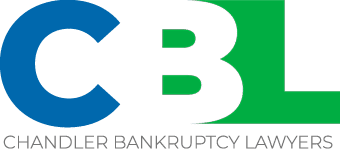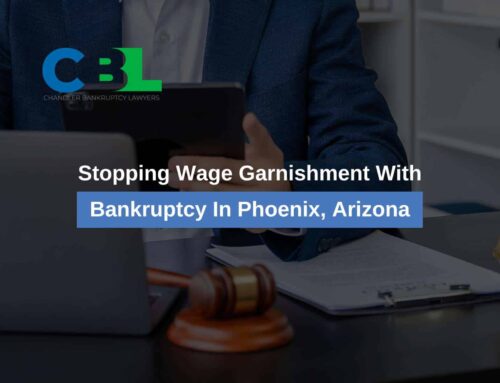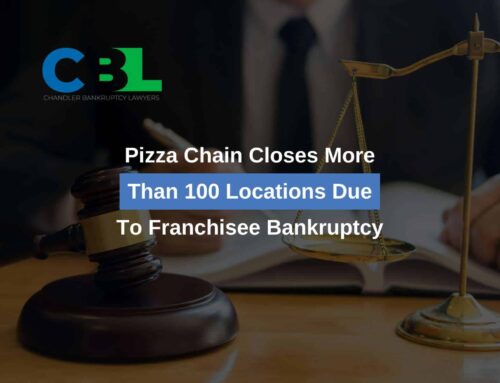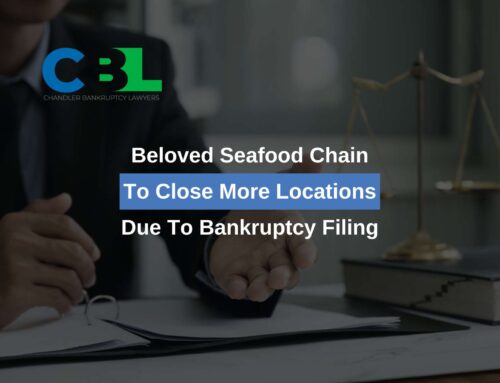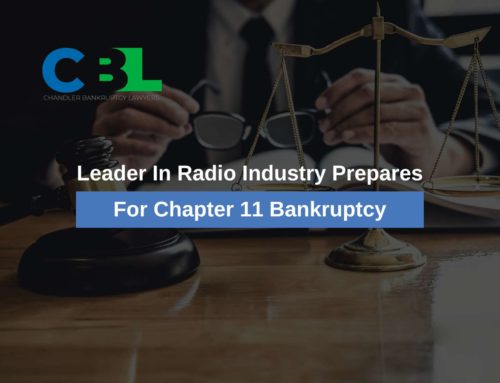How Fast Rising Housing Prices In AZ Can Impact Bankruptcy Filings
Our Chandler Bankruptcy Lawyers take a look at how the fast rising housing prices in Arizona impact the ability to file for bankruptcy and keeping your house. There are different chapters of bankruptcy that can be helpful in attempting to keep save your house from foreclosure in Arizona.
When it comes to employment, housing prices, and people’s financial situations in general, the last few years have been tumultuous. If you’ve looked at the prices of homes for sale in Arizona recently, you know this to be true. If you were fortunate to buy your Arizona home before the recent swell in home prices, you may have gained a significant amount of equity in your home. However, due to COVID-19 or any other reasons, you could have lost employment or fallen into debt. If this is your case, you may be wondering if your recent gain in home equity will disqualify you from filing bankruptcy. Our Arizona bankruptcy team is here to answer any of your questions about protecting your home in a bankruptcy filing- to learn more, call 480-833-8000.

Chapter 7 Bankruptcy & Home Equity
Chapter 7 bankruptcy liquidates and discharges all unsecured non-priority debts, so it is only available to those who meet certain income restrictions. There are also bankruptcy exemptions, which represent how valuable your possessions can be before they need to be sold to pay your debts. In Arizona, the homestead exemption in a Chapter 7 bankruptcy is $150,000. That means up to $150,000 equity in your home is protected. If your home is worth $500,000, but your mortgage has a balance of $400,000, you only have $100,000 equity so your home would be protected.
This is where a recent sharp increase in your home’s value could get you into trouble. If you bought a home for $150,000 that has since increased in value to $350,000, you most likely have more than $150,000 equity in your home. Unless you have secondary mortgages or other liens against your home, your house might not be protected in a Chapter 7 bankruptcy. If so, you should contact a bankruptcy attorney to see what kinds of options are available to you.
Chapter 13 Bankruptcy & Home Equity
When a debtor’s income is too high for Chapter 7 bankruptcy, or their assets wouldn’t be protected in a Phoenix Chapter 7 bankruptcy, Chapter 13 bankruptcy is usually the next option. Someone who files Chapter 13 bankruptcy in Arizona isn’t required to have less than $150,000 in their home. In fact, Chapter 13 will help you reduce your mortgage’s balance, and can be of great service if you have fallen behind on your mortgage payments.
A Chapter 13 bankruptcy reorganizes your debts into a monthly payment plan that lasts 3 or 5 years. The amount you pay each month will be based on how much disposable monthly income you have. Depending on where your case is filed, your normal monthly mortgage payments may be included in your payment plan. Any mortgage balance in arrears will also be included in your payment plan. Chapter 13 bankruptcy is complex and will tie up your income for years to come. Call 480-833-8000 to speak with our Arizona bankruptcy lawyers to learn more about Chapter 13 for free.
The Advantages Of Declaring Bankruptcy When You Already Own Your Home
While renters don’t have the homestead exemption to worry about, there are some plus sides to filing bankruptcy after you have already bought a home. When you file either Chapter 7 or Chapter 13 bankruptcy, you will be barred from FHA home loan approval for 2 years from your filing date. So while your home may mean extra consideration while drafting your bankruptcy petition, you will at least have purchased your home before there was a bankruptcy on your credit.
What if I’m On the Brink Of Home Foreclosure?
Bankruptcy is a powerful tool if your home lender is about to foreclose your home. If you file your bankruptcy petition at any moment before the foreclosure sale, it will be halted by the Automatic Stay. But unless you address your mortgage balance in arrears, bankruptcy will only be a temporary fix for the foreclosure. Your home lender may be successful in a Motion for Relief from the Automatic Stay, which would let them proceed with a home foreclosure, if there is no evidence that you intend to become current on your mortgage payments. A Chapter 7 bankruptcy may not provide enough time for you to feasibly do this. If you are a significant amount behind on mortgage payments, Chapter 13 may be more appropriate.
Your Chapter 13 bankruptcy will last 3 years if your income falls below Arizona’s state median for your family size, but will last 5 years if it exceeds that amount. The amount you are behind on your mortgage payments will essentially be spread out over those 3-5 years, rather than needing to be paid off in 3-6 months like in a Chapter 7 bankruptcy. The Automatic Stay will protect you from home foreclosure for those 3-5 years, and since your balance in arrears will be paid off by the end of your plan, your home lender will have no cause to foreclose your home. You might even pay off the remainder of your mortgage in your Chapter 13 payment plan!
Contact Our Premier Bankruptcy Team To Handle Your Case
If you have a home that has recently skyrocketed in value, you need to be sure that every aspect of your bankruptcy filing is correct, or you could be at risk of losing your home. Many people try to declare bankruptcy on their own to cut costs, but it ends up costing them far more in the long run. A surprisingly high amount of Chapter 7 bankruptcy cases filed self-represented- 60%- are successfully discharged. However, owning a home that has recently gained significant equity makes your case more complicated than the average Chapter 7 bankruptcy. Chapter 7 bankruptcy cases that are filed with an attorney’s representation see success rates of about 95%. Chapter 13 bankruptcy in Arizona is nearly impossible to file without retaining a bankruptcy attorney. Less than 1% of cases filed without an attorney are discharged, compared to about 40% of Chapter 13 bankruptcy cases filed with an attorney.

